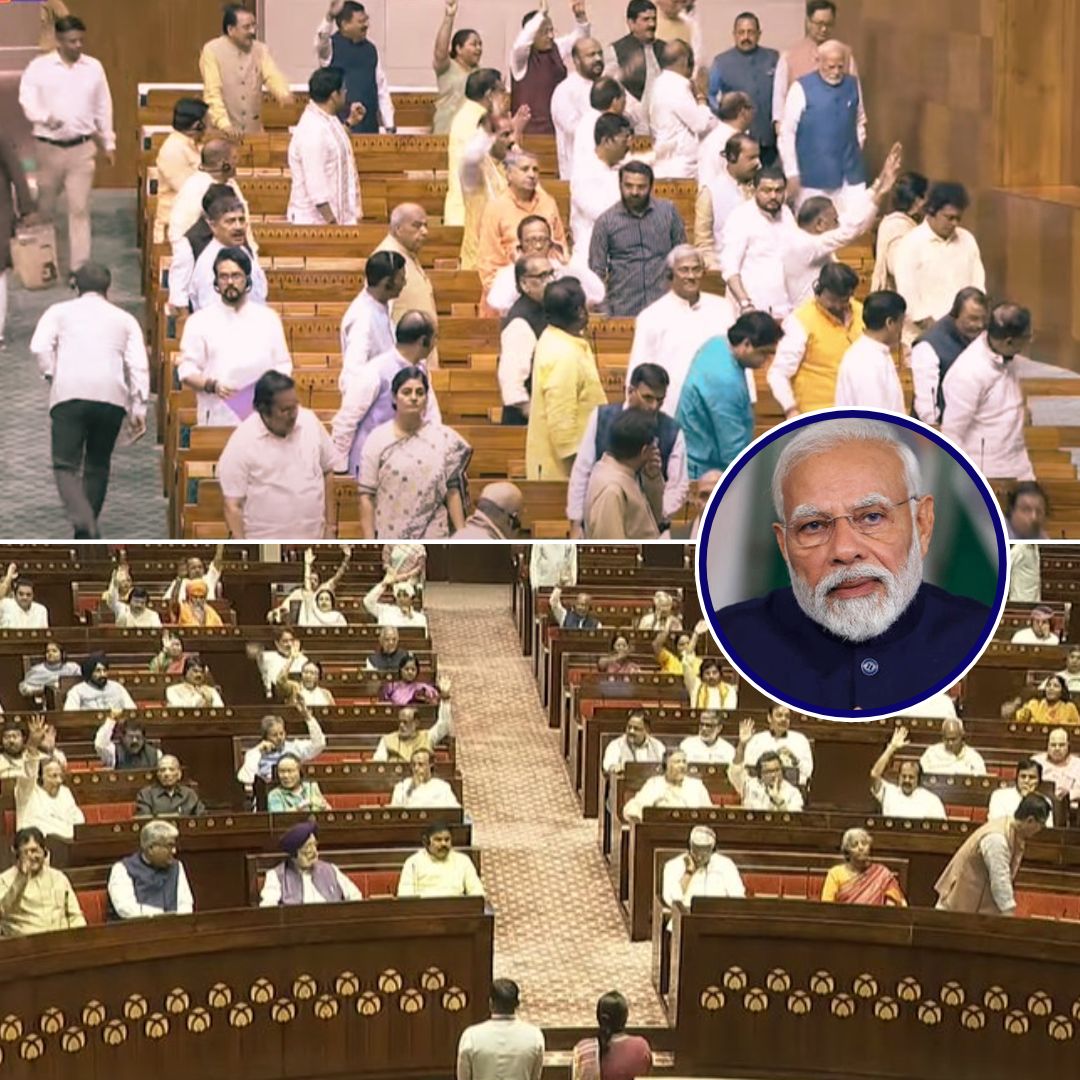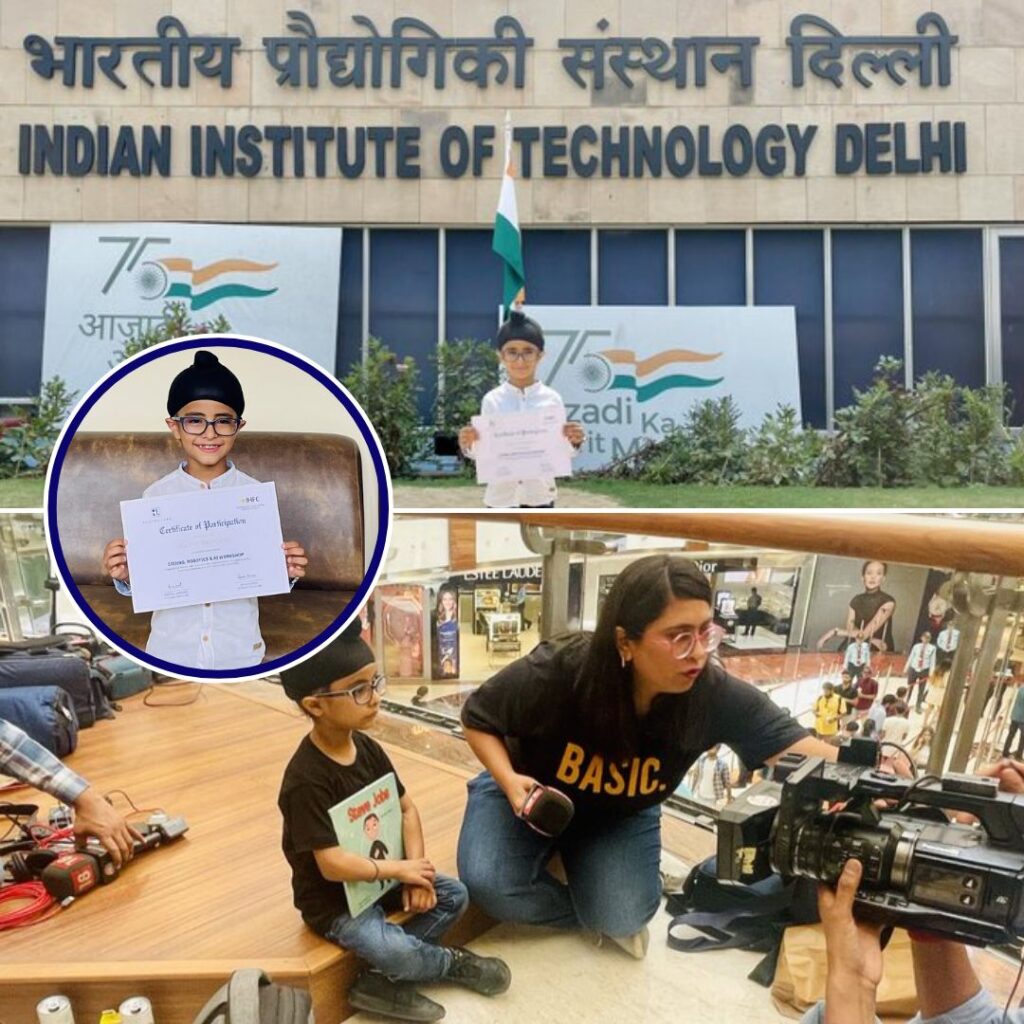The Monsoon Session of the Lok Sabha was abruptly adjourned sine die on August 20, 2025, following vociferous protests by opposition MPs who repeatedly raised slogans such as “Vote Chor, Gaddi Chhor” accusing the government of electoral malpractice.
The disruptions, mainly focused on the special revision of electoral rolls in Bihar, led to repeated interruptions and limited the time available for meaningful legislative debate. Speaker Om Birla expressed disappointment over the decorum, revealing that only 37 of the allotted 120 hours were effectively utilised.
Despite the turmoil, the government managed to clear 12 bills, including significant legislation on income tax and online gaming. The adjournment marks a dramatic climax reflecting heightened political tensions and challenges within Parliament this session.
Opposition Protests Disrupt Parliamentary Proceedings
Throughout the session, opposition parties persistently protested alleged electoral roll irregularities in Bihar, demanding a thorough inquiry via a Joint Parliamentary Committee (JPC).
The slogan “Vote Chor, Gaddi Chhor” became emblematic of their dissent, symbolising accusations of “stealing votes, abandoning posts” against the ruling party. These disruptive protests repeatedly stalled debates and question hours, severely limiting Parliament’s ability to conduct business.
Speaker Om Birla publicly condemned the unruly conduct, reflecting on how disruptions have eroded public trust in the institution. He emphasised the need to uphold dignity in Parliament and urged members to focus on constructive dialogue. Meanwhile, opposition leaders, including Congress’s Adhir Ranjan Chowdhury, defended their vigorous protests as essential democratic expression against issues they consider violations of electoral integrity.
On the other hand, ruling party MPs criticised the opposition for “political grandstanding” and using slogans as a tool to derail parliamentary work. This clash epitomises the growing polarity in Indian parliamentary politics, where debate is often overshadowed by protest.
Legislative Progress Amidst the Turbulence
Despite the interruptions, the government successfully passed 12 bills during the session. Noteworthy among these are the Income Tax Bill, which aims to streamline tax processes; the Taxation Laws (Amendment) Bill, containing key amendments; and the Online Gaming Regulation Bill, a response to the growing digital entertainment sector requiring oversight. Furthermore, a crucial constitutional amendment bill regarding the decriminalisation of politics was referred to a JPC, indicating ongoing legislative efforts despite the discord.
The session also highlighted India’s scientific achievements, with discussions around Group Captain Shubhanshu Shukla’s mission to the International Space Station drawing attention to the country’s expanding space ambitions. However, the disruption significantly reduced the time allotted for questions and debates, curbing the opposition’s ability to seek answers and challenge government policies.
The Logical Indian’s Perspective
While dissent is the lifeblood of democracy, its expression must be tempered by respect, decorum, and a commitment to constructive engagement. The frequent disruptions that characterised this session threaten the Parliament’s role as a platform for reasoned debate and consensus-building. Both government and opposition bear responsibility to foster an environment where differences are addressed through dialogue rather than discord.
At The Logical Indian, we hold that democracy thrives not through slogans shouted across benches, but through empathetic listening, respectful discourse, and a shared commitment to nation-building. It is imperative for India’s leaders to reclaim Parliament as a forum where diverse voices are heard, and solutions crafted with patience and understanding.












